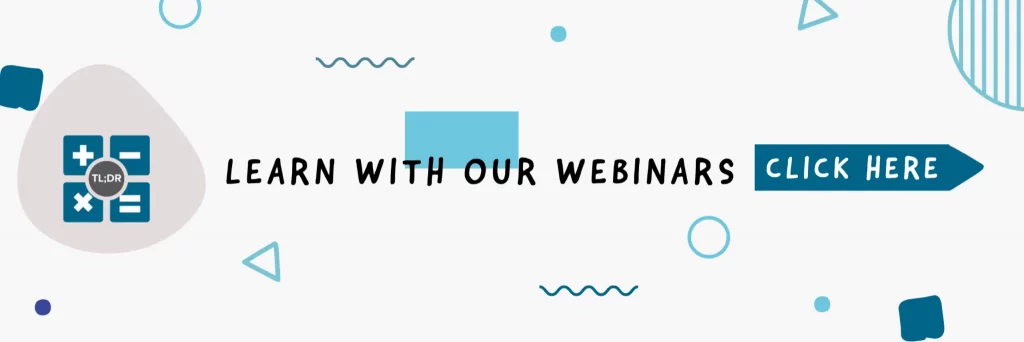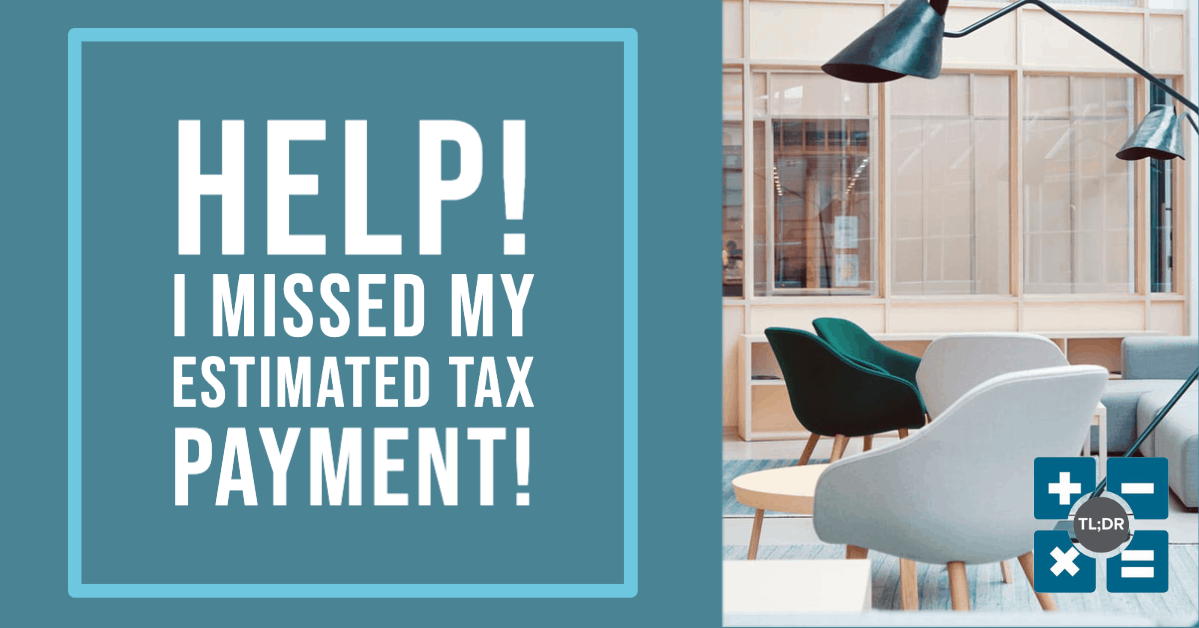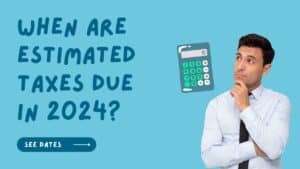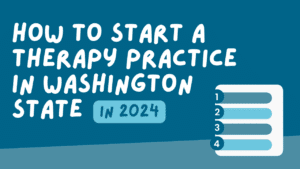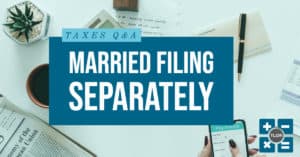This article is for only those individuals who pay estimated taxes: Business owners, self-employed people, and others whose income situation necessitates quarterly payments. If you’re a US Citizen or resident who owed no tax on your last tax return (which covered a 12-month period), then no need to worry about estimated taxes this year. Many employees and college students fall into this category of not having to pay estimated taxes.
So, you missed a deadline in filing your 1040-ES, the (tiny) form that you mail to the IRS with a check four times a year, or that you pay online. As a reminder, there are four 1040-ES due dates every year, but they’re not “quarterly.” Estimated taxes are due on April 15th, June 15th, September 15th, and January 15th, or the 4th, 6th, 9th, and 1st months of the year, so the gap between payments is anywhere from 2 to 4 months.
With such an odd filing schedule, it’s understandable that you might mistakenly miss a payment every now and then. Or perhaps it’s not that you forgot the due date, but that you simply don’t have the cash to pay the IRS at the time the payment is due (which is also understandable).
So, what’s to be done? We’ll break it down into steps:
What Happens If I Miss an Estimated Tax Payment?
Step 1 : Breathe

It’s frustrating to forget or to be unable to pay taxes when they’re due, especially at times when business is slow. You might have the instinct to leave that IRS envelope unopened and pretend it’s not there.
Regardless of your situation, the best time to take action is now. Take a deep breath, understand that there is no changing the past, and do what you can to minimize the damage starting now.
Step 2: Pay What You Can
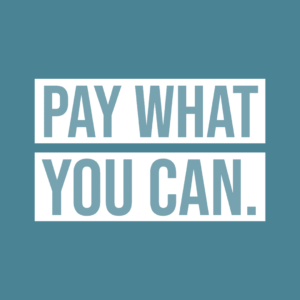
The next step is to pay what you can, when you can. We know that as a business owner or self-employed person, you have other important business expenses besides income tax. But the best thing you can do is pay something.
If you can’t pay the full amount due, just pay as much as you can afford right now. The IRS charges interest on amounts due plus penalties, and they will accept partial payments which will reduce your interest expense on your taxes. You may be able to reach an agreement on a payment plan with the IRS if you owe less than $50,000. The benefit of a payment plan is that, as long as you are able to pay according to the plan, you can avoid surprises like further penalties.
If you are paying late, understand that paying the original amount due may not be sufficient because of interest and penalties that you may be informed of by mail.
Step 3: Work With the IRS After Your Return Has Been Filed
Did we just advise you to work with the IRS? Yes, after your return is filed. Please understand that even though it’s within the IRS’s power to enforce tax law, they also have the discretion to waive fees and penalties. The IRS’s job is to collect the correct amount of taxes owed, no more and no less. They’re not specifically out to ruin your day, even though it might sometimes feel like it.
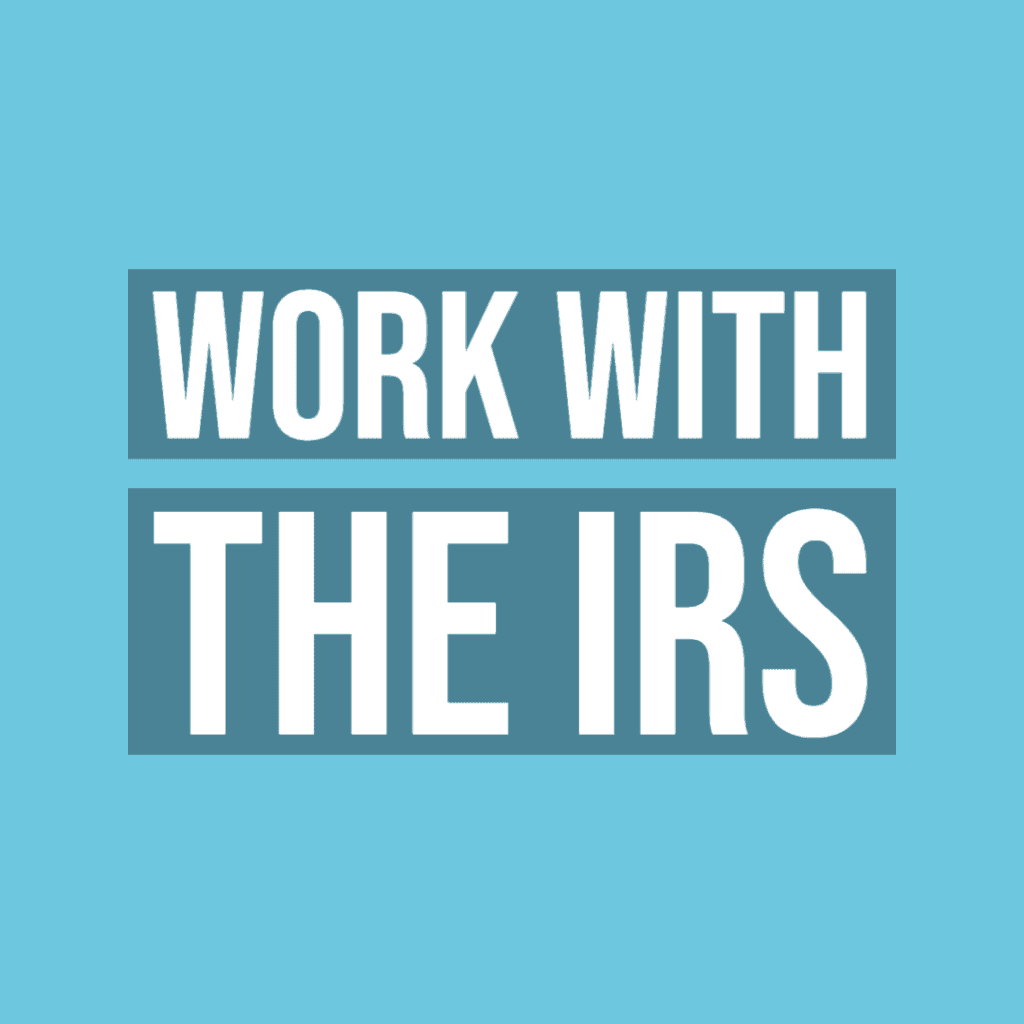
Talk to the IRS! Even if they don’t waive any fees, two-way communication will at least ensure that you’re informed of the IRS’s expectations of you, so that you may avoid further penalties.
TL;DR: If you missed a required tax payment, take a moment to breathe. You can’t change the past — focus your thoughts on how to minimize further penalties by paying what you can right now. Work with the IRS to ensure that you know what is expected of you. You may be able to agree with the IRS on a payment plan if you need time to pay your full amount due.
If you need any help throughout this process, we are more than happy to help. Just reach out and schedule your first appointment, here!
